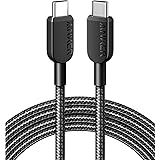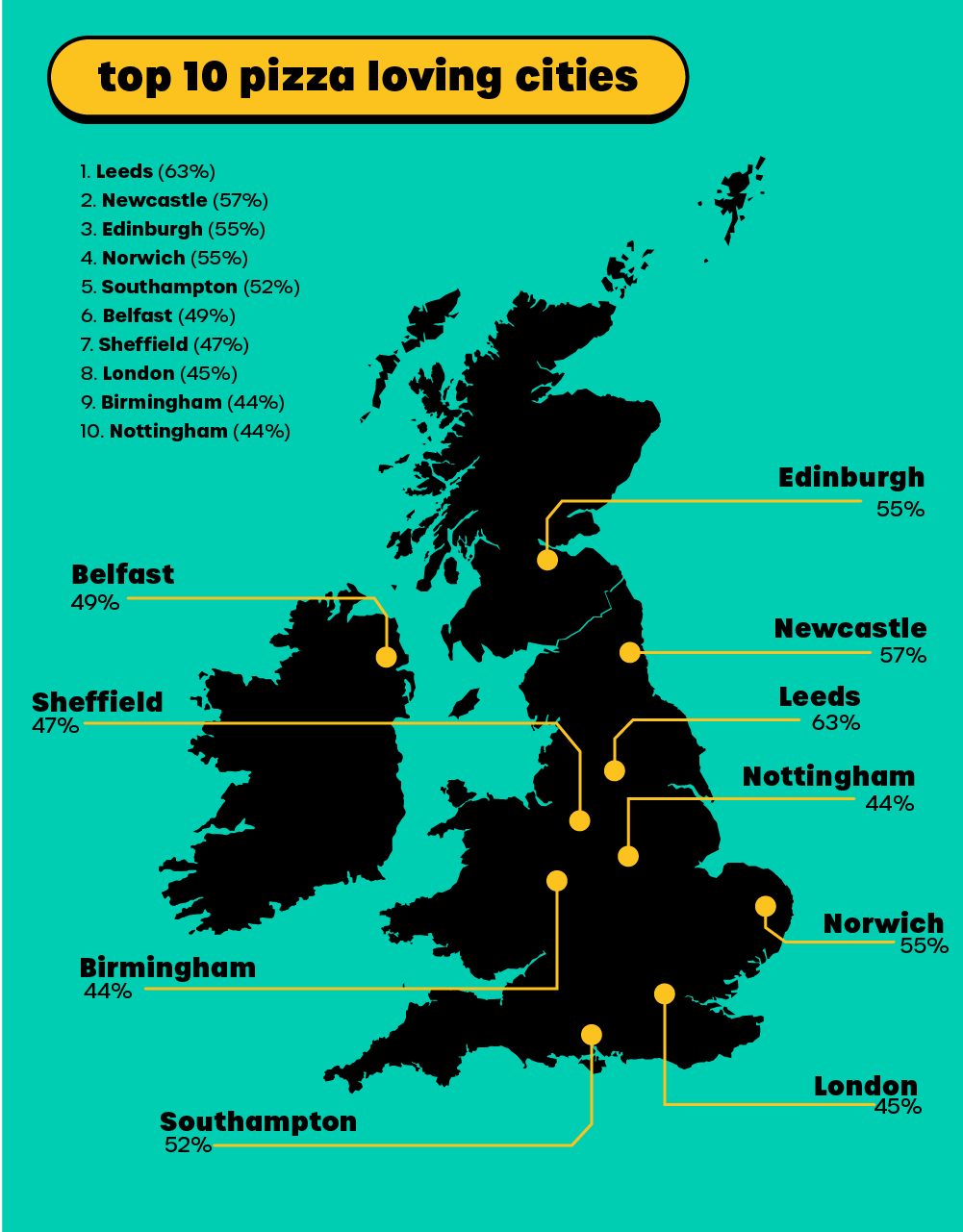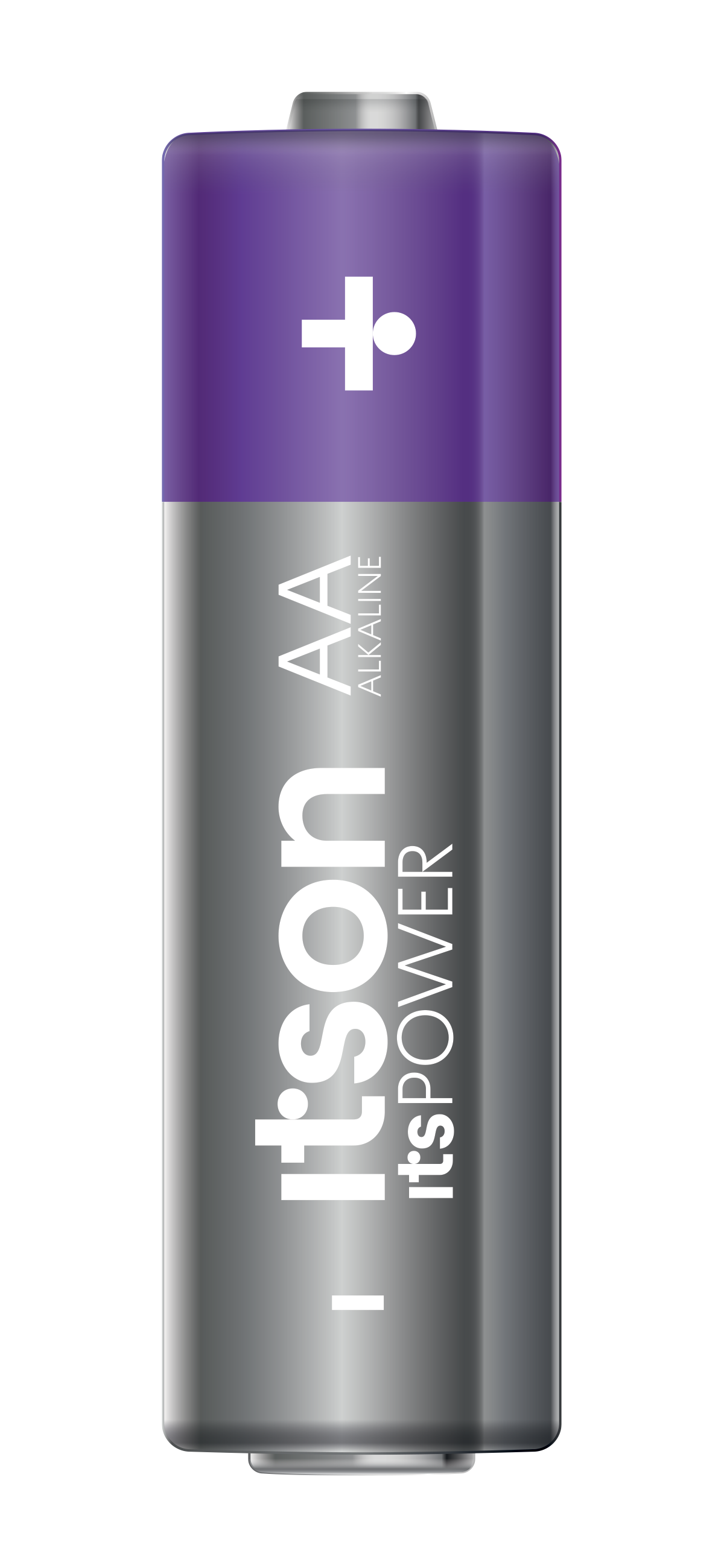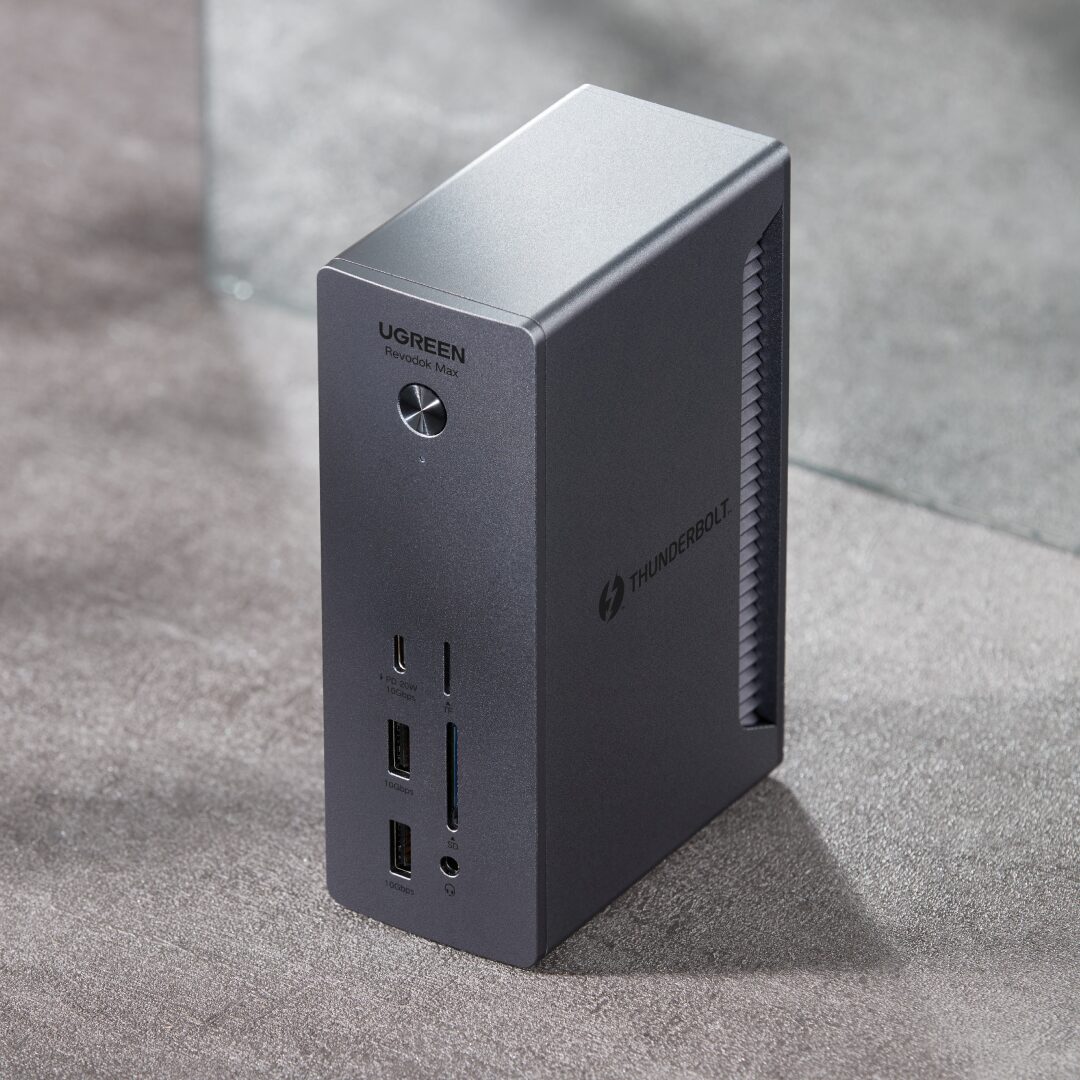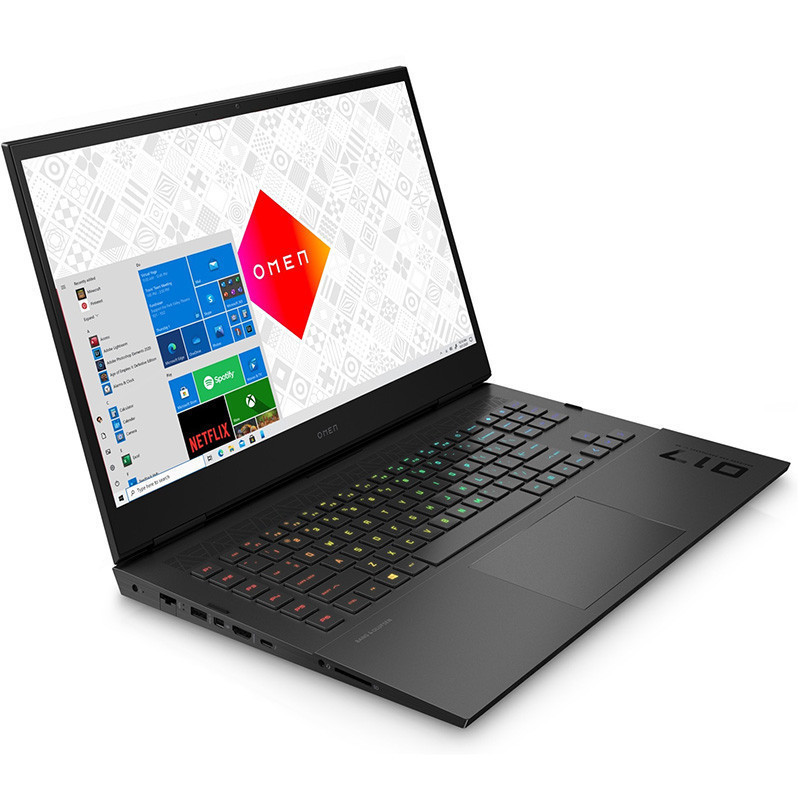Torrenting is a popular way to share files over the internet, but it can also be risky. Many ISPs, government agencies, and copyright holders monitor torrent traffic and may take legal action against users who violate copyright laws. To protect yourself while torrenting, you need a VPN.
A VPN, or virtual private network, is a tool that encrypts your internet traffic and routes it through a secure server before it reaches the internet. This makes it impossible for anyone to see your online activity, including your ISP, government agencies, and copyright holders.
In this article, we will explain why you need a VPN for torrenting and how to choose the right one.
Why You Need a VPN for Torrenting
When you download a file using a torrent client, your IP address is visible to everyone else in the torrent swarm. This means that copyright holders can easily track down the source of the infringing content and take legal action against the user.
A VPN hides your IP address by routing your internet traffic through a remote server. This server acts as an intermediary between your device and the internet, encrypting your data and making it impossible for anyone to see your online activity.
Using a VPN for torrenting is not only important for protecting your privacy, but it also ensures that you do not violate any copyright laws. By masking your IP address, you are less likely to be targeted by copyright trolls who track down torrent users and sue them for damages.
How to Choose the Right VPN for Torrenting
Not all VPNs are created equal, and choosing the right one for torrenting is important. Here are some factors to consider when selecting a VPN for torrenting:
- Logging Policy – Look for a VPN that has a strict no-logging policy. This means that the VPN provider does not keep any records of your online activity.
- Encryption – Make sure the VPN uses strong encryption to protect your data. AES-256 encryption is the industry standard and offers the highest level of security.
- Speed – Torrenting requires fast download and upload speeds. Make sure the VPN provider offers fast servers in your location.
- Server Locations – Look for a VPN provider with servers located in countries where torrenting is legal.
- Kill Switch – A kill switch is a feature that automatically disconnects your internet connection if the VPN connection drops. This prevents your real IP address from being exposed.
- Price – VPNs vary in price, but do not always assume that the most expensive VPN is the best one. Look for a VPN that offers a good balance between price and features.
Torrenting can be risky, but using a VPN can protect your online privacy and ensure that you do not violate any copyright laws. When choosing a VPN for torrenting, consider the factors listed above and do your research to find a VPN that meets your needs.
Remember that using a VPN is not a license to engage in illegal activities, and you should always use a VPN for legitimate purposes only.
Stay safe and happy torrenting!






